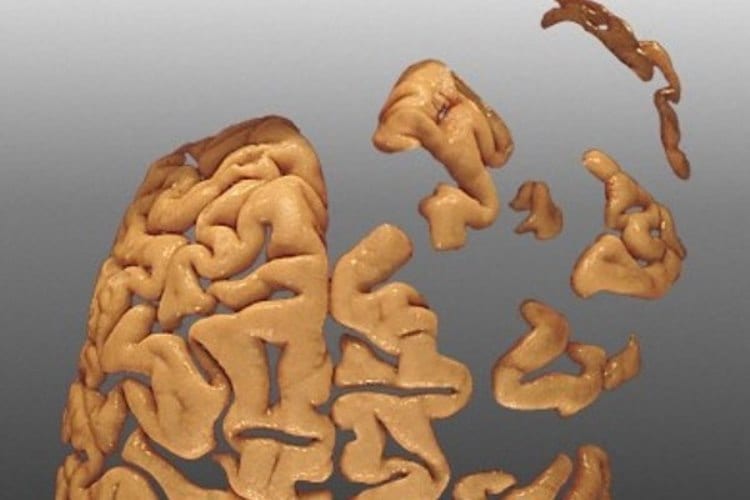Prehospital Research Methods and Practice edited by Prof Niro Siriwardena and Dr Greg Whitley

This month, April 2022, sees the publication of a major new textbook from Class Publishing, ‘Prehospital Research Methods and Practice’, edited and co-authored by members of CaHRU together with an international line-up of eminent experts in the field of prehospital Continue reading Prehospital Research Methods and Practice edited by Prof Niro Siriwardena and Dr Greg Whitley



